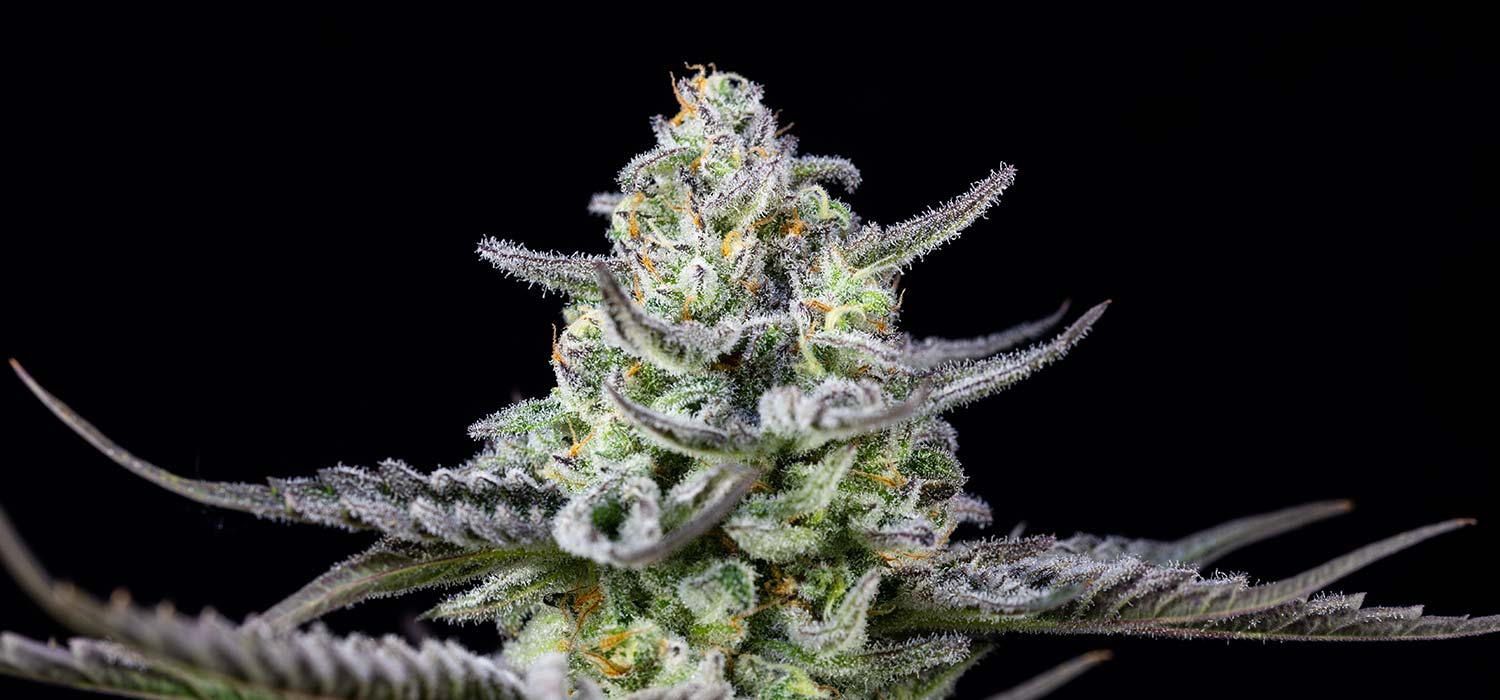The Department of Health and Human Services (HHS) has formally recommended that cannabis be reclassified to Schedule III of the Controlled Substances Act (CSA).
Currently, marijuana is deemed a Schedule I substance, meaning it is purported to hold no medical value and is as strictly controlled at the federal level as drugs such as cocaine and heroin.
Schedule III would put cannabis on a par with substances like ketamine, anabolic steroids, and Tylenol with codeine, but what would this change mean in practice for businesses, consumers, and state agencies?
First off, rescheduling wouldn’t federally legalize adult-use marijuana. The aforementioned substances are still highly regulated and cannot be sold without the authorization of the Drug Enforcement Administration (DEA), nor used by patients without a physician’s prescription.
Medical marijuana may be viewed as broadly legal under federal law if cannabis became a Schedule III substance but, with some irony, it’s plausible that medical marijuana states would have to overhaul their systems to comply with Schedule III restrictions. A change in cannabis classification could, in theory, even lead to federal agencies such as the Food and Drug Administration assuming greater control over state medical marijuana programs.
This is just one of a range of effects marijuana’s rescheduling would lead to across a range of sectors and interests. Here’s a round-up of what we might expect with respect to issues such as taxes and banking, federal workers, advertising and postal rules, state cannabis laws, research, and international treaties.
Taxes and Banking
A move to Schedule III would mean that state-legal cannabis businesses would no longer be prevented from making tax deductions for ordinary business expenses. Under tax code 280E, this is not possible for businesses dealing with Schedule I and II substances.
With regards to cannabis banking, the potential effects are less clear. Currently, banks are hesitant to service marijuana businesses for fear of federal intervention and rescheduling cannabis as a Schedule III substance would not change its federally illegal status.
However, businesses selling cannabis products that comply with Schedule III regulations might be of greater interest to banks and financial institutions that deem the rewards to be greater than the risks.
Federal Workers
The use of Schedule I and II drugs by federal workers is prohibited under an executive order from former President Ronald Reagan.
Rescheduling cannabis to Schedule III would mean marijuana is no longer explicitly prohibited for all federal workers. However, state agencies frequently have their own internal policies on drug use and these wouldn’t necessarily change due to rescheduling, at least not in the short-term.
Advertising and Postal Rules
Should cannabis become a Schedule III substance, current restrictions on mailing marijuana-related advertisements would cease to apply.
Under the CSA, promoting the sale of a Schedule I substance in any form, such as in newspapers or mail advertisements, is prohibited.
Such a change might then lead to more cannabis ads in the media and the mail, unless these were explicitly prohibited under state or federal law.
Research
Perhaps one of the biggest changes concerns research into marijuana. Under the current arrangement, it is notoriously difficult for scientists and researchers to get their hands on market-grade cannabis for research purposes.
This would be eased if cannabis were a Schedule III substance but the DEA would still need to sign off on providing access to marijuana sold in adult-use stores for researchers. So, even without the restrictions of Schedule I, the process could still be slowed or hampered by the DEA’s ability and willingness to authorize cannabis research.
State Cannabis Laws
State and federal laws are often in conflict when it comes to marijuana but federal rescheduling would nonetheless likely set off a wave of changes concerning state cannabis laws, especially for medical marijuana.
In particular, interstate trade of cannabis could become a more pressing issue on the West Coast. California, Washington, and Oregon have all passed laws that would allow for marijuana commerce between states under certain conditions. Cannabis rescheduling at the federal level may be the change that would allow for this, at least when it comes to medical marijuana products.
International Treaties
Part of the DEA’s role is to assess whether the CSA accords with the USA’s obligations towards international drug treaties.
The agency asserted in 2016 that “in view of United States obligations under international drug control treaties, marijuana cannot be placed in a schedule less restrictive than schedule II.”
However, countries such as Canada have shown that going even further than rescheduling marijuana as a controlled substance is possible with little to no international repercussions.
That said, it is the DEA that has the largest say on marijuana’s rescheduling and while it will take the HHS’s recommendations on board, it is not bound by them.
Political Implications
At the federal and state level, it’s easy to imagine that rescheduling cannabis as a Schedule III substance would encourage lawmakers to push for greater marijuana reforms.
Such a move would be a formal acceptance that cannabis has medical value, which would remove some of the stigmas associated with the plant.
While this would be a momentous change in approach from the federal government, it’s worth putting this in perspective too. Marijuana would still be federally illegal and as tightly regulated as ketamine and testosterone.
The momentum for marijuana legalization in the US is already significant, so perhaps we shouldn’t expect rescheduling to tip the scales even further.






